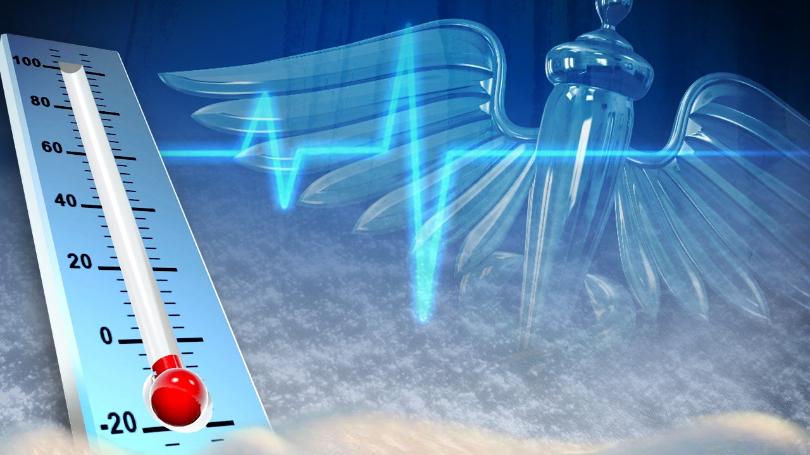
Exposure to cold temperatures, whether indoors or outside, can cause serious life-threatening health problems.
Shahina Jamil Hospital’s Department of Health wants to remind the public to take the following important precautions in order to prevent cold-related illness and injury:
Be prepared:
– Prepare your home and car for winter and make sure you have a way to heat your home safely during power failure.
– Keep a multi-purpose, dry-chemical fire extinguisher nearby when using alternative heating sources.
– Never use a charcoal or gas grill indoors as the fumes are deadly.
– Never leave candles unattended.
– Keep extra blankets, flashlights with extra batteries, matches, first aid kit, manual can opener, snow shovel and rock salt, and special need items on hand.
– Stock a few days’ supply of water, required medications, and food that does not need to be refrigerated or cooked.
– Monitor the temperature of your home. Infants and persons over 65 are especially susceptible to cold.
– Avoid prolonged exposure outdoors. If you have pets, bring them inside or provide adequate shelter to keep them warm.
– Eat and drink wisely. Do not drink caffeinated beverages in as they cause your body to lose heat more rapidly.
– Avoid exertion. Cold weather puts an extra strain on the heart. Consult your doctor before shoveling snow or performing other hard work in the cold if you have heart disease or high blood pressure.
Serious health problems that can result from prolonged exposure to the cold, most commonly hypothermia and frostbite.
Hypothermia is an abnormally low body temperature that occurs when people are exposed to cold temperatures. A person’s body begins to lose heat faster than it can be produced and prolonged exposure to cold will ultimately use up your body’s stored energy, rendering it difficult to think clearly or move well. Signs and symptoms of hypothermia include:
• Shivering
• Exhaustion
• Confusion
• Fumbling Hands
• Memory Loss
• Slurred Speech
• Drowsiness
• Bright Red, Cold Skin (in infants)
• Very Low Energy (in infants)
If there are any signs of hypothermia present, take the person’s temperature. If it is below 95°F, the situation is an emergency and medical attention should be sought immediately. Until medical assistance arrives:
• Get the victim into a warm room or shelter.
• Remove any wet clothing the victim has on.
• Warm the center of the body first (chest, neck, head, and groin) using dry layers of blankets, clothing, towels, or sheets.
• Give warm beverages to the victim if they are conscious.
• Keep the person dry and wrapped in a warm blanket after body temperature has increased.